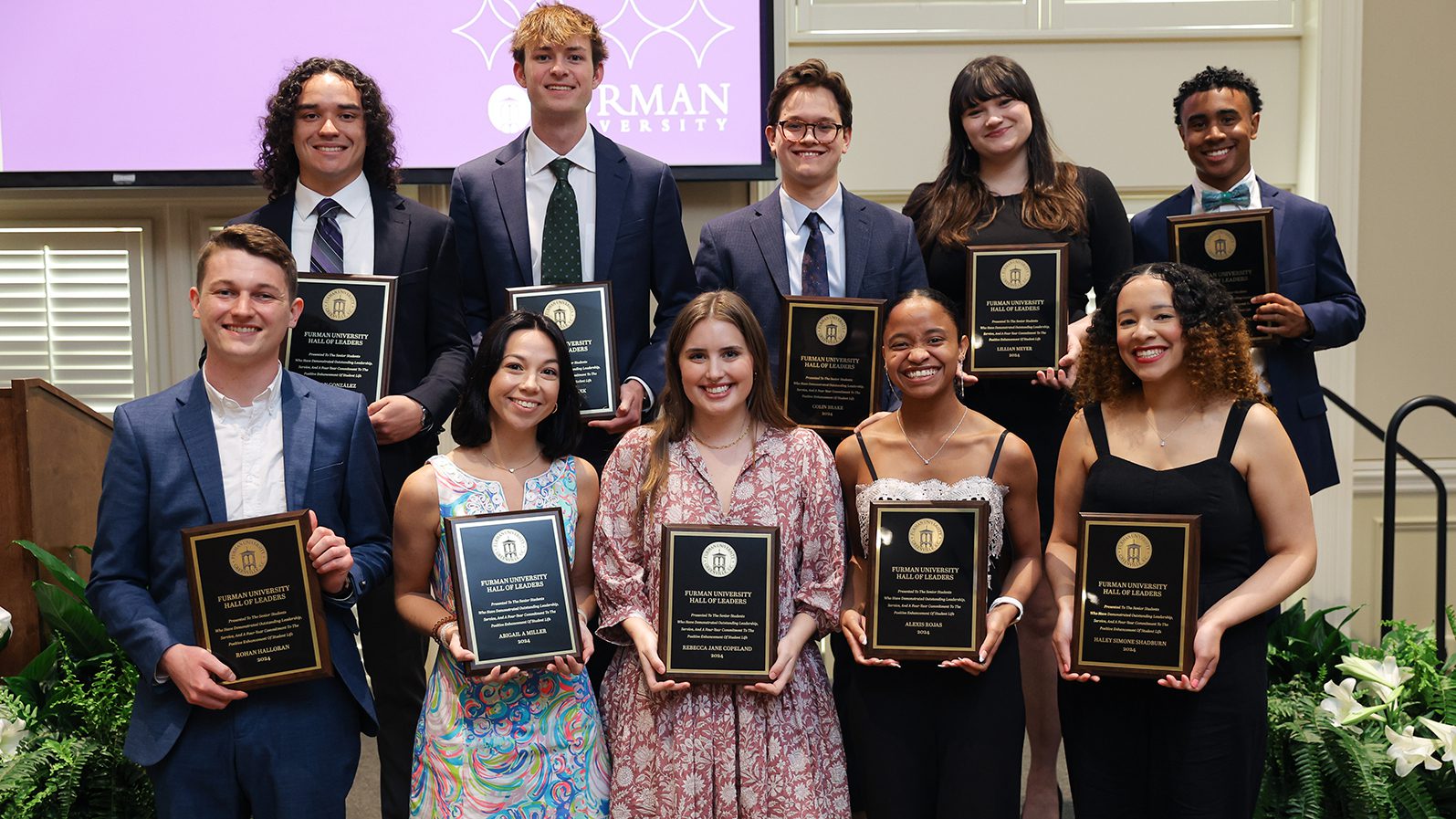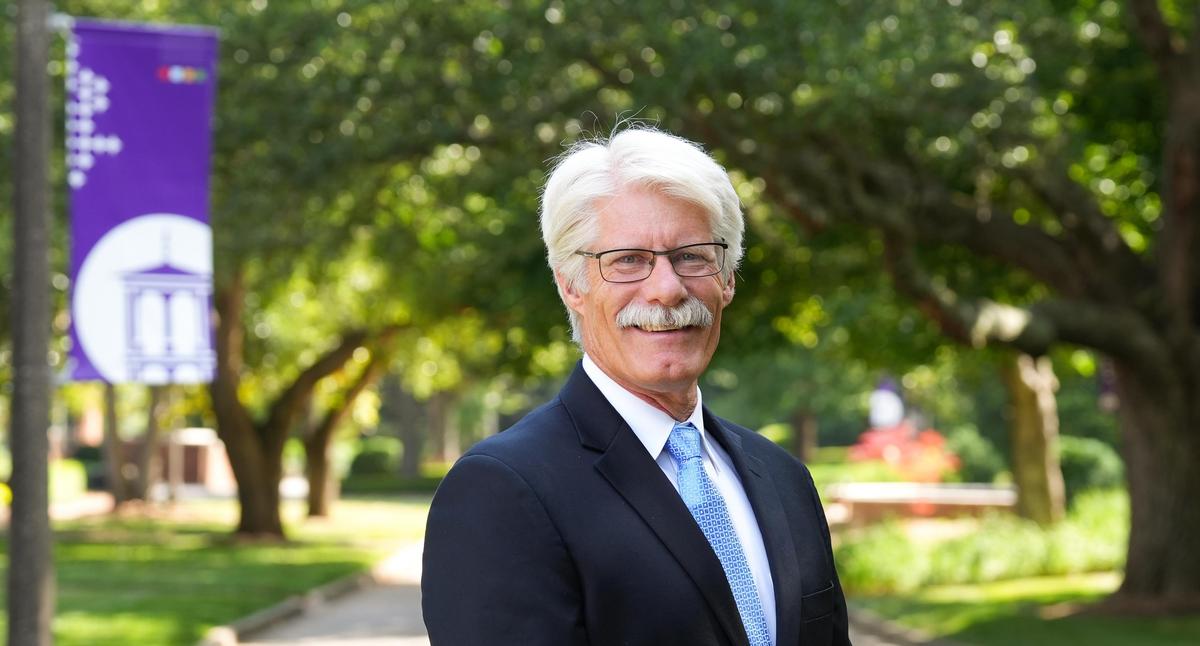Program Overview
Table of Contents
What is an M.A.Ed. in TESOL?
An M.A.Ed. in TESOL is a master’s-level degree for teachers who are passionate about working with multilingual learners.
Why pursue an M.A.Ed. in TESOL at Furman?
One of the nation’s most urgent educational challenges is how to address the growing population of English language learners in our K-12 schools. Furman’s TESOL program offers research-based strategies that help teachers make modifications in instruction while promoting an inclusive environment for learners. Furman offers a curriculum that allows you to secure your M.A.Ed. without interrupting your current teaching career. Backed by more than 100 years of experience, Furman’s Department of Education, which established South Carolina’s first teacher residency program, is nationally recognized. Partner with some of the most respected professors and practitioners in education. Learn more about graduate studies in education and how to apply.
How will you learn?
Our instructors bring a wealth of TESOL/Multilingual Learner (ML) experience to teach you the pedagogical approaches for interactive, dialogical learning with relevant, scenario-based examples. Furman’s seasoned practitioners create space for you to work individually and with other educators to explore, examine and critically analyze the intersection of language development and content area learning with language-minority students. Using action research, community fieldwork and project-based presentations, your instructors promote deep learning and foster strategic thinking, which can be applied within your own classroom.

Careers for M.A.Ed. – TESOL graduates
Graduates of the M.A.Ed. – TESOL program gain access to new vocational avenues in a high-demand field across all grade levels, not to mention opportunities for increased pay.

Some career possibilities include:
- TESOL or ML teacher or instructor
- TESOL or ML program director
- Academic advisor
- TESOL or ML coordinator
- TESOL, ML coach
- District-level curriculum specialist
- Textbook materials writer
M.A.Ed. in TESOL courses: What will you study?
Sample courses include:
-
10.2%Population of multilingual learners in public schools in 2018
-
5MMNumber of multilingual learners in public schools in 2018
-
22.5%School children who didn’t speak any English at home in the U.S. (based on 2018 data)
-
100+Years the Furman Department of Education has prepared teachers
What our students say
Our faculty

Bobbi Siefert

Education Master of Arts – TESOL F.A.Q.
A master’s degree in TESOL opens up opportunities to teach multilingual learners in an ever-evolving school demographic. Some career options include TESOL or ML teacher or instructor; TESOL or ML program director; academic advisor; TESOL or ML coordinator; ML coach; district-level curriculum specialist; textbook materials writer; and more.
The average annual pay for the TESOL jobs category in the United States is $49,947, according to ziprecruiter.com. In Greenville County Schools, teachers with a master’s draw an annual salary of $46,851 to $76,964 or more, based on years of experience.
The M.A.Ed. in TESOL at Furman is a 30-credit program, which typically translates to a two-year program.
South Carolina teachers may earn a specialized endorsement in TESOL through completion of two courses. South Carolina teachers with a valid teaching certificate may also opt for an add-on certification in TESOL through the successful completion of a series of five courses and the Praxis II exam.
Apply today by visiting our Begin Your Application page.




